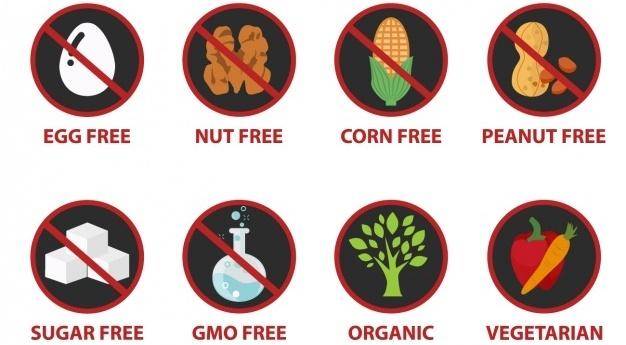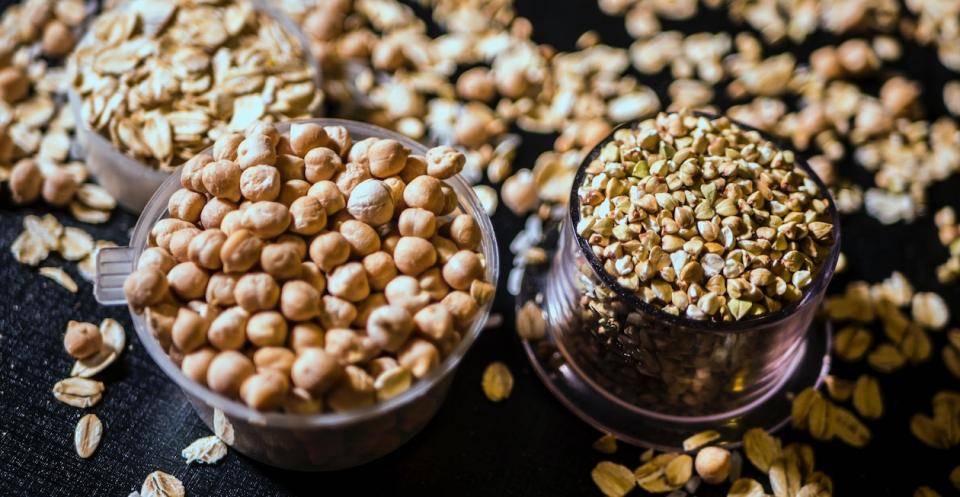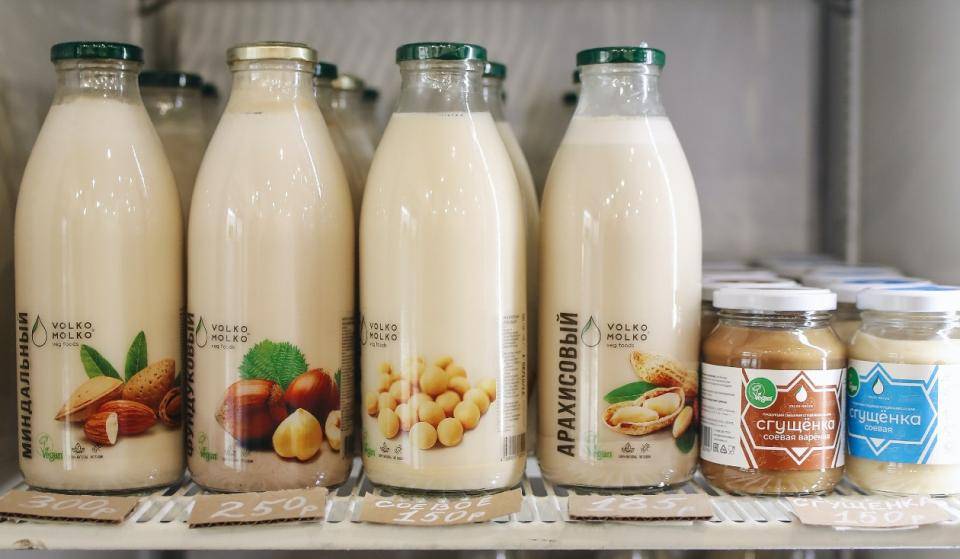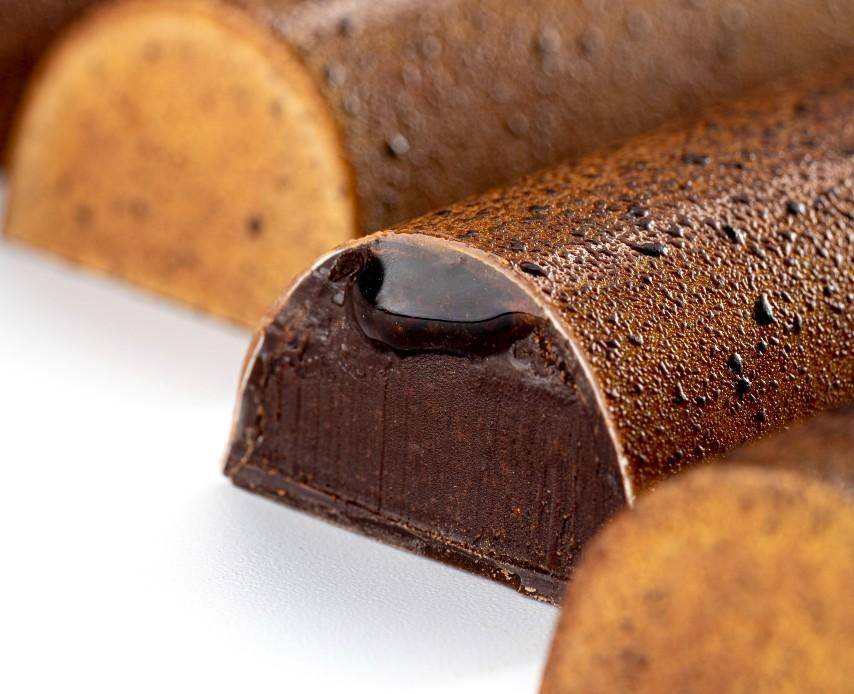Plant-Based Confections are the Future
Plant-Based Confections are the Future

26% of younger millennials reported that a “vegan” label influenced their chocolate purchases*, and Innova identified “plant-forward” as their #2 food trend of 2021. Ready or not, it’s time to start considering vegan/plant-based options for your shop. Let’s look at the different labels, what they mean, and what your customers are looking for from these categories.
Vegan, Vegetarian, Plant-based, Dairy-free… what’s the difference? There’s some overlap, sometimes a great deal, among these terms.

What Does it Mean to be a Vegan?
Veganism is one of the strictest diet choices - no ingredients directly from animals or where animals are used or harmed in processing. This means no meat, fish, or dairy, but also no white cane sugar and no honey. For some vegans, even certain vegetables, fruits, and nuts are off-limits. Trust your customers to know their boundaries, and be sure you and your staff are prepared to answer questions about ingredients.
Nestlé launched a vegan Kit Kat in the UK in late 2021, stating, “There is a quiet revolution underway that is changing how people eat.” That’s right - vegan chocolate is not only already available at a grocery store near you, it’s going to go even more mainstream.
What do Vegetarians Eat?
No meat or fish, but many will consume dairy products and eggs as well as honey and sugar. Again, trust your customers to know what is and isn't off-limits for them, and be ready to answer their questions.

What does Dairy-free Mean?
This means exactly what it sounds like it does - no products based on milk from cows or other animals. Not using butter or cream may feel like a major restriction, but the number of alternative products keeps growing, and the quality of these products continues to grow as well. Gone are the days of one unappealing brand of soy milk. Almond, cashew, coconut, and oat milk are widely available, as are versions of cream, butter, yogurt, creme fraiche/sour cream made from these crops.
If you want to go all-in on these categories, note that even when products don’t contain any animal-based ingredients, carryover can mean they don’t qualify for a “vegan” or “dairy-free” label. For example, an item with no dairy components may contain traces of dairy if it’s made using equipment that also processes items containing dairy, disqualifying it from using the “vegan” or “dairy-free” label in the US and some other countries.

Chocolate Bar C2 by Marta Martin
What's off-limits for a Plant-Based Diet?
Oreos are vegan, so are french fries. However, neither of these is considered "plant-based." In Cacao Barry®'s Plant-Based Bulletin, Chef Marta Martin explains that because these foods don't remotely resemble their original plant form, they are not generally considered plant-based. Not all plant-based diets are vegan, and a person who adheres to a vegan diet may not consume primarily plant-based foods. The key to these items is to keep the ingredient list simple and celebrate the ingredients' origins. Fruits, nuts, veggies, and grains all offer great taste and opportunities to add texture - what's not to like?

Today's customer wants treats that are indulgent and good for them. Moreover, they seek to balance their health and wellness with that of other people and the planet. To be sure, there are lots of times when a person wants to focus on indulgence and enjoying a confection and will banish thoughts of health, calories, and diet goals from their minds. However, 53% of consumers would give serious consideration to plant-based alternatives because they are considered healthier.** And Foresight Factory reports that 42% say the environmental impact of products affects their food and drink consumption. If offering delicious, decadent confections that support your customers' desires for healthy indulgence is your goal, plant-based can check all the boxes.
*NCA: Getting to Know Chocolate Consumers, 2019
**Barry Callebaut: New Wholefruit Chocolate

Comments